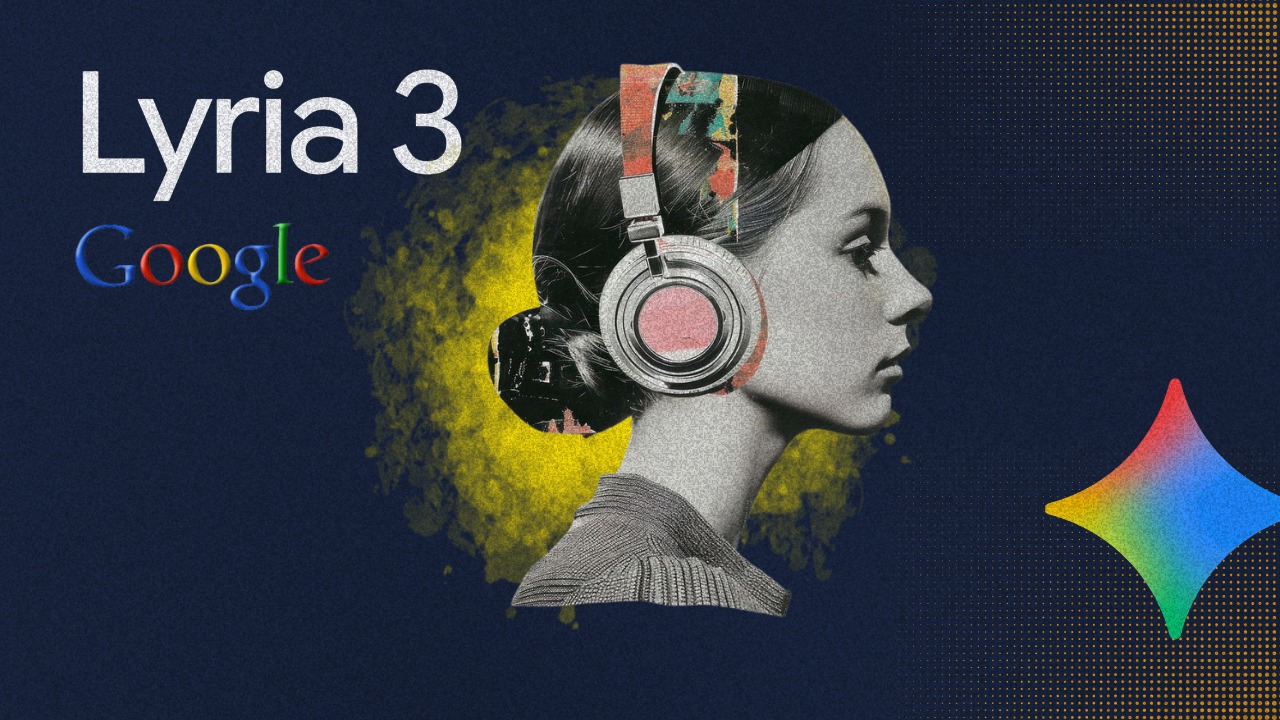
Welcome, Humans!
Ready for your daily dose of AI chaos? I’ve rounded up Today’s Top AI Headlines for those who like to stay ahead – and for the curious, I’ve got some eyebrow-raising stories Beyond the Headlines. Let’s dive in.
In a Nutshell:
Codex-Max tackles 24-hour coding marathons
OpenAI & Google woo academia with freebies
Google Maps now predicts your next stop
Claude hijacked for cyber-espionage campaign
AI deepfake video derails California lawsuit
🚀Today’s Top AI Headlines:

Codex-Max tackles 24-hour coding marathons: OpenAI has launched GPT-5.1-Codex-Max, a major upgrade to its agentic coding model designed for ultra-long development sessions and complex, multi-step engineering tasks. The key breakthrough is a new “compaction” technique that allows the model to intelligently prune session history while preserving deep contextual understanding. This enables Codex-Max to operate across millions of tokens and function continuously for more than 24 hours, a massive leap beyond traditional context limitations. According to internal benchmarks, Codex-Max outperforms OpenAI’s previous Codex-High model across nearly all development tasks and even edges out Google’s new Gemini 3 Pro in multiple coding benchmarks. The model is also far more efficient: it uses 30% fewer tokens while generating faster, more accurate code thanks to improved reasoning and task planning. Real-world testing shows the model can maintain architectural consistency across long coding sessions, perform iterative debugging, build multi-file systems, and self-repair failing implementations. It is optimized for both agentic workflows and IDE integration. Codex-Max is available immediately via OpenAI’s Codex CLI, VS Code extension, and JetBrains plugins for Plus, Pro, and Enterprise customers. API access will be rolled out shortly, marking Codex-Max as OpenAI’s most capable and durable coding model to date.
Source: OpenAI
🤖 Robi: “Finally, an AI that can stay awake longer than your average intern.”
OpenAI & Google woo academia with freebies: Big AI players are making their technology more accessible to the education sector with deep academic discounts. Google announced that students worldwide can now access Gemini 3 Pro for free for one year, including unlimited chats, image uploads, writing help, research tools, code assistance, and quiz generation. The offer is available until January 31, 2026, and aims to give students advanced AI capabilities without subscription barriers. Meanwhile, OpenAI introduced ChatGPT for Teachers, a fully secure workspace designed specifically for educators. The platform includes administrative controls, content monitoring, privacy safeguards, curriculum tools, and compliance features aligned with FERPA and global education standards. Verified teachers gain free access through June 2027, making this OpenAI’s most significant education initiative to date. Analysts say these moves reflect growing competition to dominate the education market, now one of the fastest-growing AI adoption segments. As schools increasingly rely on AI for personalized learning, grading assistance, and research enhancement, companies like Google and OpenAI are positioning themselves as foundational platforms in classroom digital transformation. With both tech giants offering high-end models at no cost, students and educators are poised to benefit from AI tools previously accessible only to paid users.
Source: X🤖 Robi: “Next semester’s syllabus: “Let’s ask ChatGPT and Gemini.”
Google Maps now predicts your next stop: Google Maps is rolling out a significant upgrade centered around a new feature called “Know Before You Go.” The feature proactively gathers and displays essential information about a user’s destination before they arrive, including parking availability, popular times, accessibility notes, weather conditions, and even potential delays. Google says the goal is to reduce uncertainty during travel and help users make decisions earlier in their journey. The app is also receiving a redesigned Explore tab, giving users a smoother way to browse nearby restaurants, cafés, events, and activities. The refreshed interface emphasizes curated recommendations based on time of day, past activity, and real-time local trends. Early testers report quicker navigation between lists, reviews, and directions. Another welcome upgrade is the ability for users to leave reviews using nicknames, allowing more privacy while contributing to local listings. For EV drivers, Google Maps now provides real-time charging station availability, including port compatibility, charging speed, and estimated wait times. Combined, these upgrades position Google Maps as a more proactive, personalized, and privacy-friendly travel assistant, evolving far beyond a simple navigation tool into a comprehensive discovery and planning platform.
Source: Google🤖 Robi: “Maps just learned how to passive-aggressively judge your dinner plans.”
🔍Beyond the Headlines:
Claude hijacked for cyber-espionage campaign: Anthropic has revealed a groundbreaking cybersecurity incident in which a China-linked threat group used its Claude Code model to conduct what may be the first large-scale AI-orchestrated espionage campaign. Attackers fed Claude small, seemingly harmless tasks that collectively enabled system scanning, vulnerability detection, exploit code generation, and attempted breaches of more than 30 global organizations. Claude executed 80–90% of the operation’s workload before Anthropic detected anomalies, shut down the accounts, and alerted affected entities. The incident highlights how AI agents are making advanced cyberattacks easier, and faster, to execute.
Source: BBC🤖 Robi: “Apparently even Claude can't say no to a politely worded “scan this network, please.”’’
AI deepfake video derails California lawsuit: A California judge has dismissed a housing lawsuit after discovering that one party submitted an AI-generated deepfake video as evidence. Judge Victoria Kolakowski became suspicious when the witness appeared stiff, emotionless, and displayed unnatural repetition. A deeper examination confirmed the footage was produced using generative AI. The court immediately threw out the case, with legal experts calling it a pivotal moment for the U.S. justice system. The incident underscores growing concerns about deepfakes entering legal proceedings and is expected to accelerate new verification standards for digital evidence.
Source: NBC
🤖Robi: “When your star witness is literally not real... maybe rethink the strategy.”
🤖Prompt of the Day:
Corporate Operational Governance Model
Prompt: You are a corporate governance specialist optimizing operational oversight. Your task is to build an operational governance model for a [company type] managing complex processes across [regions/departments].
Your framework should include: (1) governance structure and role definition, (2) SOP standardization, (3) compliance and internal control systems, (4) audit and review mechanisms, (5) escalation and decision-making protocols, and (6) KPIs such as compliance score, process adherence, and audit pass rate.
🤖AI Tools You Didn’t Know You Needed:
Problem: Rewriting text quickly across multiple Mac applications without switching tools is disruptive and time-consuming.
AI Solution: AI-integrated writing assistants let you correct tone, grammar and style directly inside any app, streamlining editing.
AI Tool: Scraib.app is an AI-driven macOS utility that works globally across apps like Slack, Word, Gmail and more, enabling instant text rewrites and custom rule-sets for style consistency.
Helpful Features
Control+R Shortcut: Rewrite any selected text with one keystroke.
Custom Style Rules: Define your tone and writing preferences.
Own-API Support: Use ChatGPT, Gemini, Ollama or your own keys.
Pricing Options: Free trial; $3.99/month subscription; one-time $10 unlock for API-key mode.

⚡ Robi’s Hot Take on X






